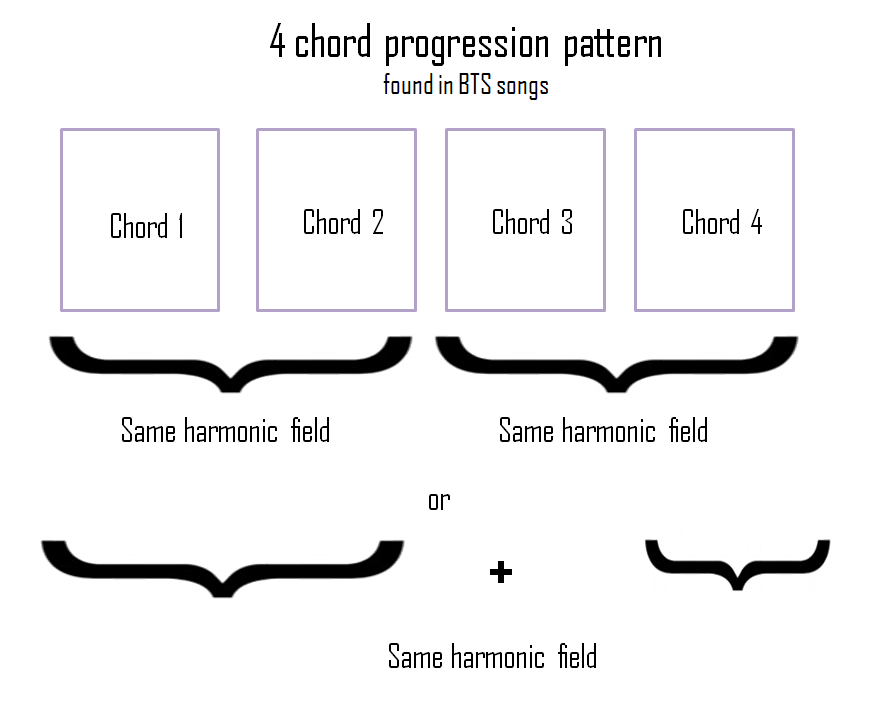

* Since the 1971 Sound Recording Amendment to the Copyright Act of 1909, there has been a second copyright protection for sound recordings - that is to say, a performer's recorded interpretation of a musical composition - which is governed by its own set of rules and standards, particularly with regard to sampling.

Copyright is designed to prevent people from copying a creative work, or specific elements thereof, without permission. It's important to remember that copyright doesn't protect ideas, but rather creative expressions of ideas.
#A COMPLICATED SONG CHORDS WEIRD AL PLUS#
Federal law says that creative works, including music compositions, enter the public domain after the life of the creator plus 70 years. If a song was published prior to 1923, it is considered to be in the public domain and is not protected. One important instance where copyright doesn't apply is public domain. "If a single chord progression were elaborate enough and unconventional enough, it could be protected."

"It really doesn't have to be a whole lot," said Fakler. Copyrighted elements of a musical composition can include melody, chord progression, rhythm, and lyrics - anything that reflects a "minimal spark" of creativity and originality. Copyright Office is optional, but does come with certain benefits in the event of an infringement dispute. Under the Copyright Act of 1976, which took effect in 1978, anytime a person writes or records an original piece of music, a copyright automatically exists. "Of all the kinds of law I've practiced over the years, copyright law is by far the most metaphysical," Fakler said. What we learned underscores the gap between how casual music fans think about music, and how it's treated as a matter of law. In those cases, and in most disputes alleging copyright infringement of a musical composition, a few perennial questions arise: When can a person be said to own something like a chord progression or melody? And in a world where everyone is inspired by someone else, where is the line between plagiarism and influence? To help us answer these questions in plain english, we spoke to Paul Fakler, a veteran copyright lawyer with a specialty in music law, of the law firm Arent Fox.

It's a tradition that continues today - with recent disputes between Tom Petty and Sam Smith (settled amicably out of court) and the Marvin Gaye family and Robin Thicke, Pharrell Williams, T.I., et al (currently at trial) - putting the modern music industry on high alert. For nearly two centuries, courts in the United States have heard cases from songwriters seeking to defend their compositions from thieves, cheats, and liars of all stripes. But musicians have long relied on the law to protect their creations. Music is art, and art is for people - not lawyers.


 0 kommentar(er)
0 kommentar(er)
